NOV 27,(V7N) - Namibia's Vice President, Netumbo Nandi-Ndaitwah, was among the first to cast her vote in the country's elections on Wednesday, which could see her becoming Namibia's first female president. The vote also marks a crucial test for the ruling SWAPO party, which has governed since Namibia's independence in 1990 but now faces mounting dissatisfaction over unemployment and inequality.
Polling stations opened at 7:00 am local time, and Nandi-Ndaitwah, a 72-year-old veteran of SWAPO, urged the nation’s 1.5 million registered voters to participate. She emphasized that the results would shape the next five years for every Namibian.
The elections present a tough challenge for SWAPO, as Nandi-Ndaitwah must secure more than 50% of the vote to avoid a second-round run-off, which would be unprecedented in Namibia's history. If required, the run-off would occur within 60 days after the first-round results, expected on Saturday.
Many voters expressed a desire for change. Frieda Fillipus, a 31-year-old miner, voiced her support for a female leader, saying, "The future is female." Others, like self-employed Hendry Amupanda, called for better job opportunities. Amupanda had queued overnight to cast his vote.
Nandi-Ndaitwah faces four main challengers, including Panduleni Itula, founder of the Independent Patriots for Change party. Itula, who won 29% of the vote in the 2019 elections, could pose a significant challenge, especially after SWAPO's declining support in recent years.
Socioeconomic Struggles
Namibia, rich in uranium and diamonds, has not fully translated its mineral wealth into broad prosperity. Frustration is particularly high among youth, with unemployment for those aged 15-34 estimated at 46%, nearly three times the national average.
Analysts highlight the economic struggles driving dissatisfaction. Independent political analyst Marisa Lourenco noted that the wealth from mining has failed to improve infrastructure or create sufficient jobs. Nic Cheeseman, an African politics expert, pointed out that young people are disproportionately affected by the economic crisis, fueling demands for immediate change.
Regional Context
SWAPO’s diminishing popularity reflects a broader trend among liberation-era movements in southern Africa. Similar political shifts have occurred recently, with South Africa’s African National Congress losing its parliamentary majority and Botswana’s Democratic Party ousted after decades in power.
Experts like Tendai Mbanje of the African Centre for Governance stress that elections are increasingly focused on addressing citizens' urgent needs, particularly for the younger generation.
This election is expected to redefine Namibia's political landscape, with Nandi-Ndaitwah aiming to make history as the country’s first female leader while contending with calls for reform and change.
END/WD/RH/



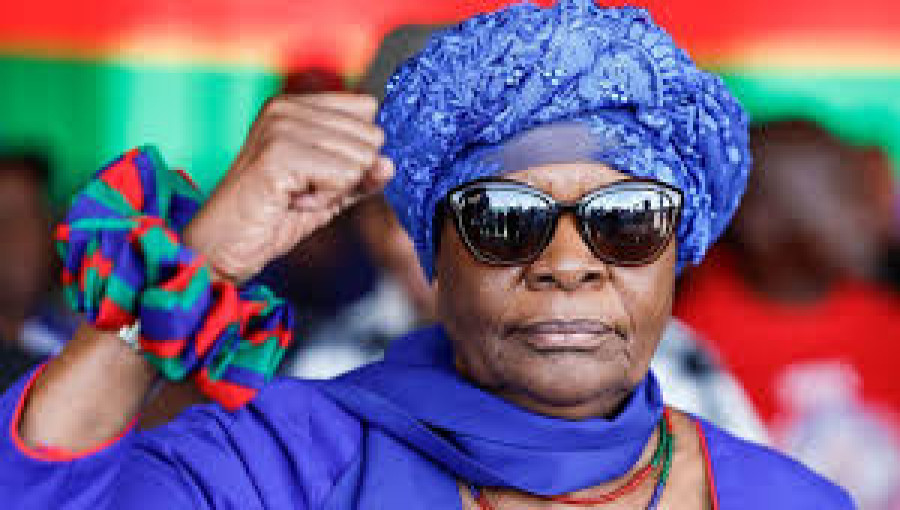


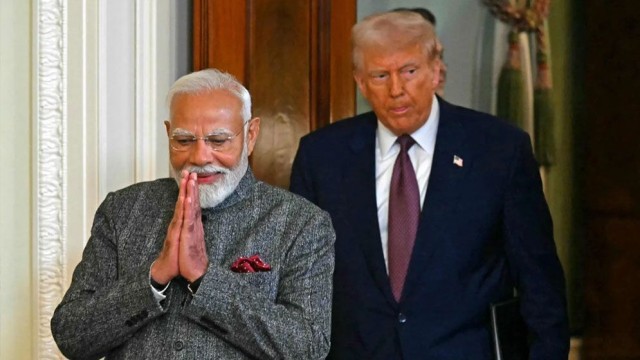


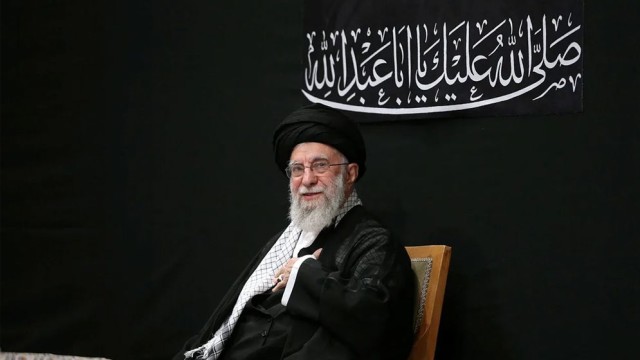

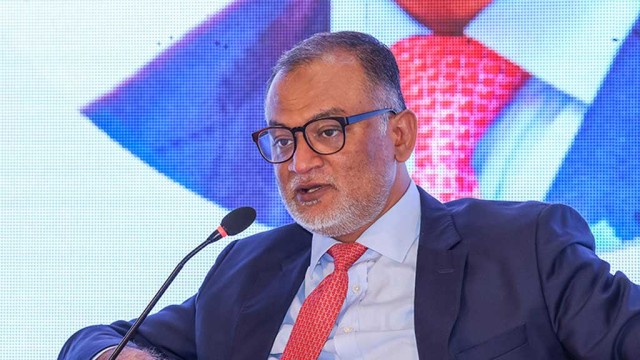


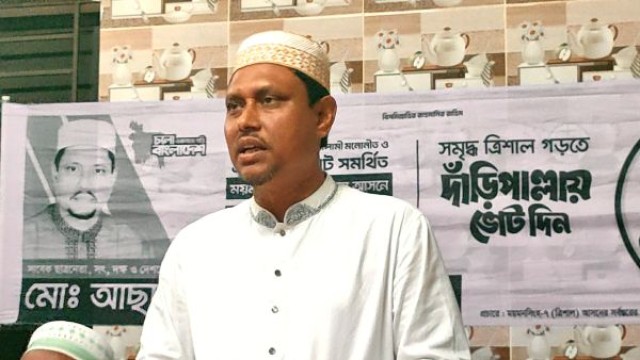
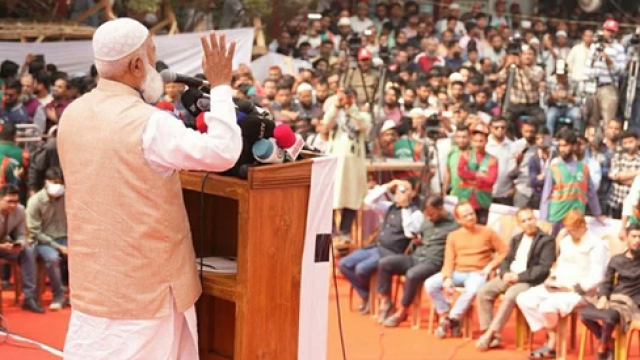

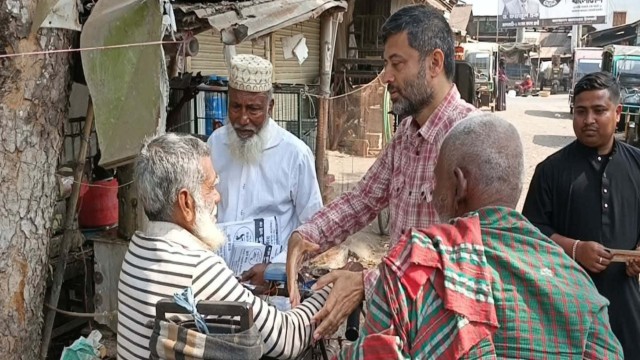
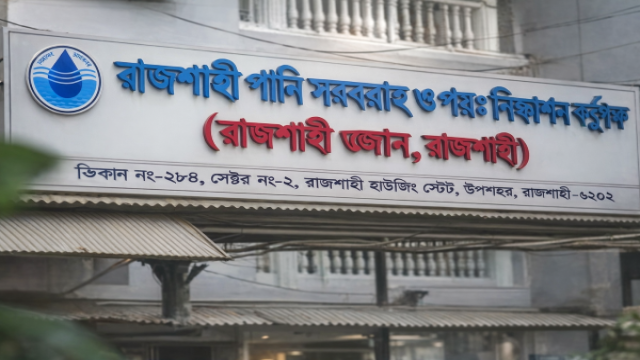
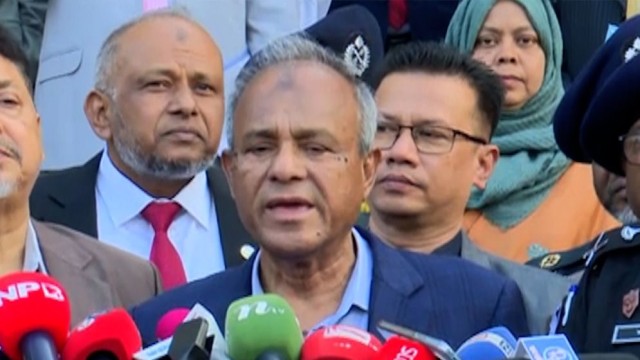











Comment: